What is Bitcoin?
Our guide to the world's most funded cryptocurrency

Although the cryptocurrency market has undergone wild swings in recent years, Bitcoin is still the most well-known and valuable digital token in the world. It’s just one of the thousands of actively traded cryptocurrencies that users can obtain, but is regarded widely as the one that’s shone the spotlight onto the phenomenon, as well as blockchain technology more widely. While the rising and falling value of Bitcoin often leads to the phenomenon being described as a hype - or craze - this market activity serves to keep digital tokens in the headlines.
Fundamentally, cryptocurrencies like Bitcoin were envisaged as being an alternative to traditional finance and banking. Because they operate on a decentralised model, cryptocurrencies aren’t managed by a large financial institution like a bank and tend not to fall under regulatory oversight. This differs greatly from traditional currencies, like Pound Sterling or the US Dollar. As such, however, detractors often see cryptocurrencies as operating in an unregulated Wild West environment.
The ideas behind cryptocurrencies originated in the aftermath of the 2008 global financial crisis and took advantage of distributed ledger technology to offer those disillusioned with the financial system an alternative. Trust in massive institutions was at its lowest, and so the idea of a form of currency free of central control appealed to many. There was also an appetite among those with money to invest in a new form of digital currency, whether this was with the hope that new markets and systems would develop over the years or just to make a point.
Bitcoin, however, remained fairly obscure until very recently, and only managed to emerge into the mainstream after a great surge in 2017, where it reached just under $20,000, before falling once again. It was still relatively niche at this stage, and only truly captured the public’s attention when it exploded in value towards the end of last year, reaching a high of just over $60,000.
These wild swings, however, also illustrated its greatest flaw for those who had hoped to use it as an alternative to conventional money. Because its value varies so wildly, it’s too unreliable to be used to buy and sell material goods and services. Instead, its primary function at the moment is its use as an investment vehicle.
Who invented Bitcoin?

It's widely believed that the idea for Bitcoin was first proposed in 2008 by software developer Satoshi Nakamoto (most likely a pseudonym), who wanted to create a payment system based on mathematics. Nakamoto envisioned a currency that was designed specifically for online transactions, allowing for almost instantaneous transfers at a fraction of the cost.
How are bitcoins acquired?
Users are able to acquire Bitcoins in one of four ways:
Get the ITPro daily newsletter
Sign up today and you will receive a free copy of our Future Focus 2025 report - the leading guidance on AI, cybersecurity and other IT challenges as per 700+ senior executives
- As payment for sold goods or services
- As a transfer from one person to another
- Bought through a Bitcoin exchange
- Competitive 'mining'
Unlike paper money, which is printed and distributed by government services, Bitcoin is 'mined' using software that solves complex mathematical problems. Every time a problem is solved, the network adds a new 'block' to a chain that is set at 1MB in size. With each solution, the miner is rewarded a number of Bitcoins that remains constant. The number of Bitcoins generated per block started at 50, and has halved every 210,000 blocks, or every four years.
Today the reward is set at 6.25 Bitcoins. This represents a problem for Bitcoin miners, as hardware costs and substantial electricity bills are increasingly making mining unprofitable as the equations get increasingly complex.
Another problem facing Bitcoin is that as more people decide to join the mining community, the more difficult the mathematical problems need to be. An indeterminate number of new miners makes it impossible to accurately predict how long it will take to mine Bitcoin each month.
Although 'mining' is the only way to actually create Bitcoins, today users will most likely purchase Bitcoins at a Bitcoin exchange. A number of marketplaces have popped up since the currency became popular, allowing people to buy and sell Bitcoins using other conventional currencies.
How is Bitcoin used?
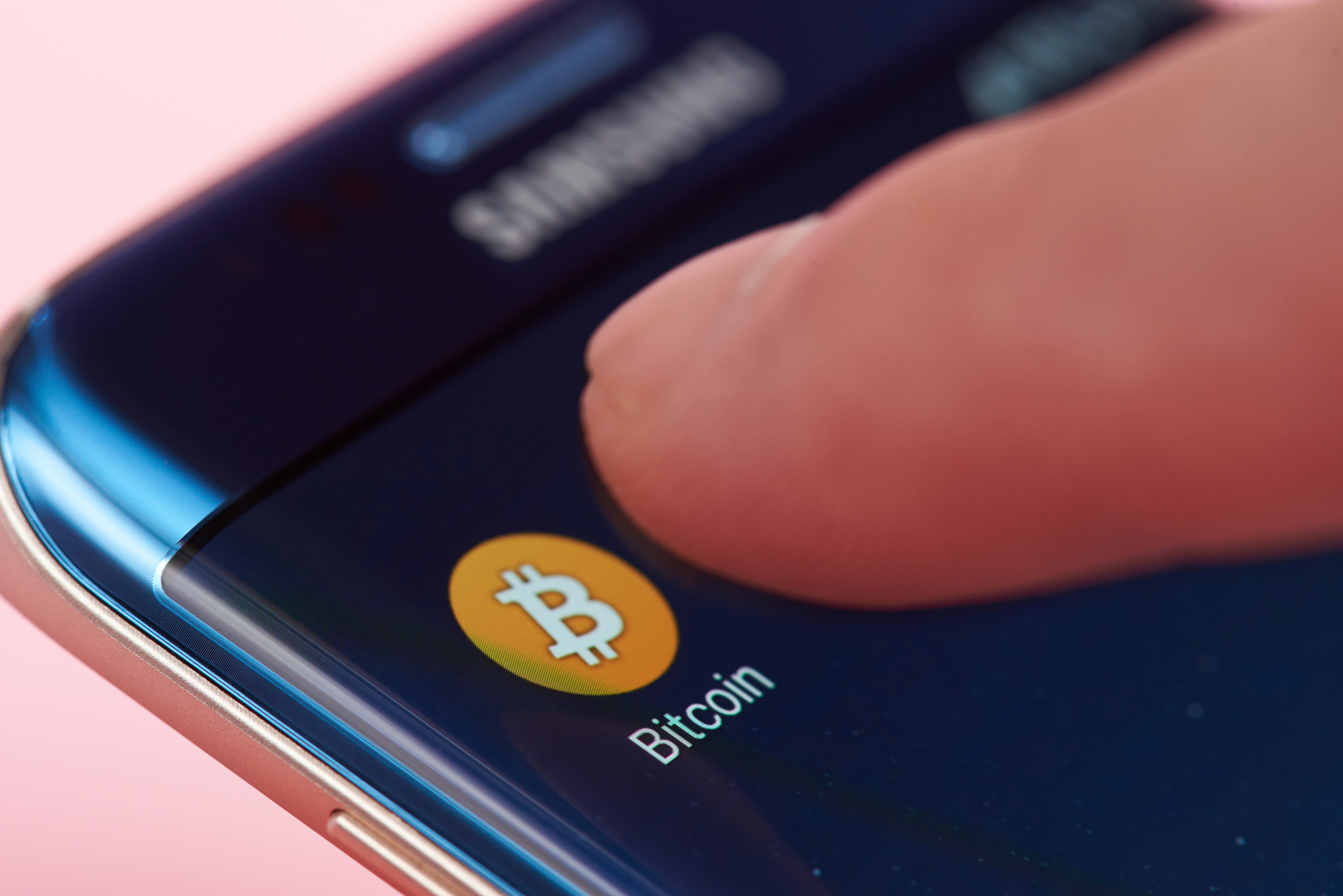
Bitcoins are stored in a digital wallet that is saved to a user's PC or in the cloud. The wallet acts as a virtual bank account, allowing users to pay for goods and services by sending Bitcoins to another wallet.
The details of every Bitcoin transaction ever made are stored using blockchain, a system designed specifically for the use of Bitcoin that has since become widely popular for other services. The advantage of blockchain is that it provides a means to store information in a series of connected 'blocks' that update in real-time. It's maintained by a peer-to-peer network, free of centralised management, and is almost impossible to edit. For more information head to our blockchain explainer.
Bitcoin is also incredibly easy to use, and there is no need to go through bank applications to set up an account. You are able to send and receive Bitcoins from anywhere in the world at any time, processed in minutes by the Bitcoin network. Transactions are also entirely anonymous, as you are not required to tie personal details to a Bitcoin account.
Where is Bitcoin accepted?
The list of services accepting the cryptocurrency is slowly expanding, particularly given its strong performance over the past year. There are a number of particularly high profile companies already making use of Bitcoin, including the Microsoft Windows and Xbox stores, Subway, Reddit, Expedia.com, gaming service Steam, and technology companies such as Dell and Tesla. Recently, companies such as VISA and PayPal have started allowing customers to trade using cryptocurrencies including Bitcoin.
Are there problems with using Bitcoin?
Despite using the highly robust blockchain system, security remains an issue. There have been a number of high profile hacks of Bitcoin services over the past few years, most notably the breach of one of the largest Bitcoin exchange services, Mt Gox, which lost almost 750,000 Bitcoins worth $350 million. As the transfer of Bitcoins is irreversible, breaches of this kind make it impossible to recover funds.
The main issue with Bitcoin is its volatility. As it is almost impossible to predict the value of the currency in the long term, or to judge how difficult it will be to mine, there are still too many uncertainties for some. There is also concern that the network will become oversaturated and unusable, as more people flood the mining community and make Bitcoin mining too difficult.
What are Bitcoin forks?

RELATED RESOURCE
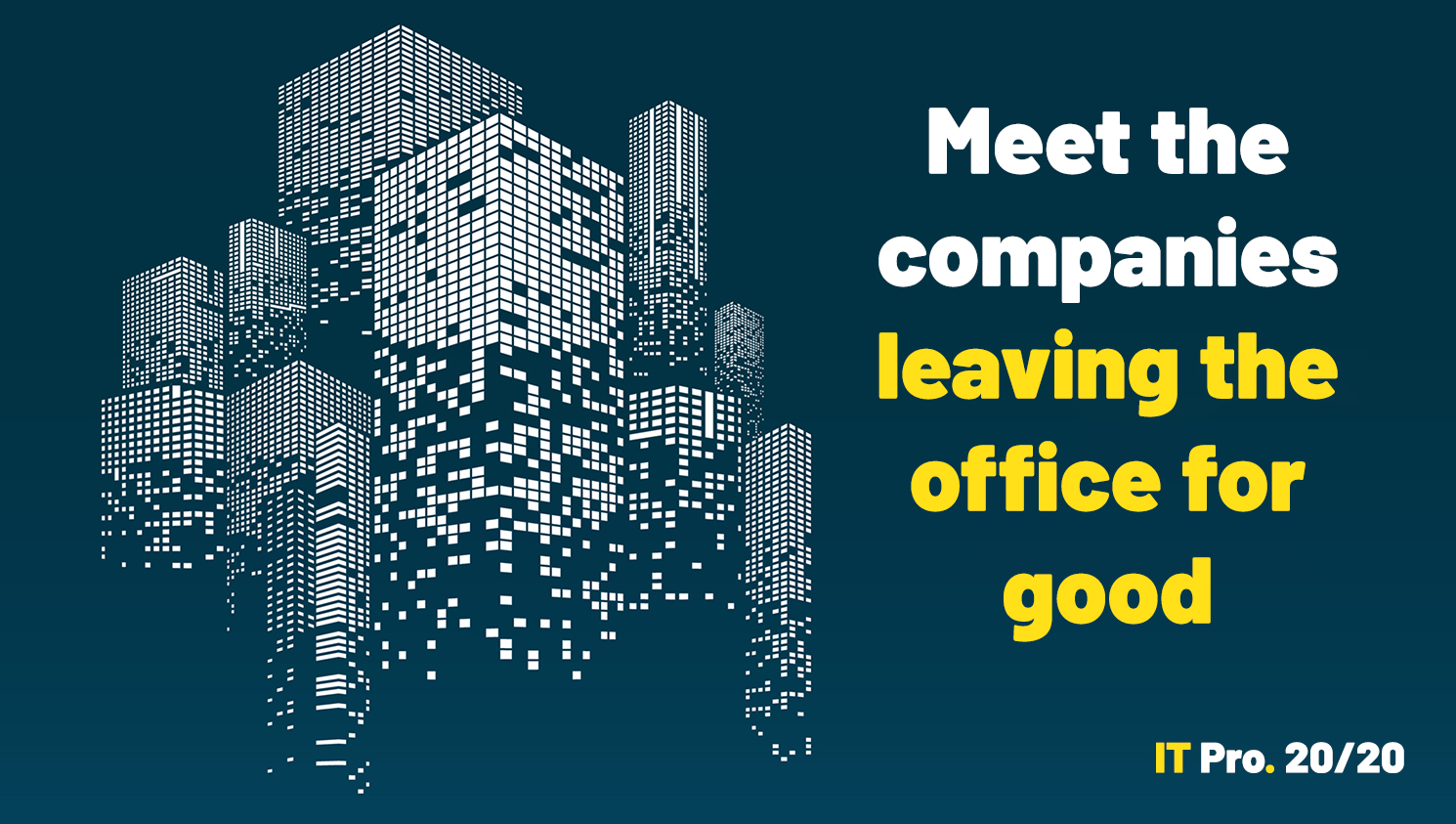
IT Pro 20/20: Meet the companies leaving the office for good
The 15th issue of IT Pro 20/20 looks at the nature of operating a business in 2021
Bitcoin's rise has been far from smooth. As the cryptocurrency is decentralised, its development is decided by reaching a consensus within its community. Over the past year two major 'forks' in Bitcoin, where community groups had different ideas about how to make improvements to Bitcoin's underlying blockchain, leading to the creation of new cryptocurrencies based on Bitcoin.
In August, a split over ways to improve Bitcoin transaction speeds resulted in the creation of Bitcoin Cash, a now separate cryptocurrency. Similarly, in October we saw the creation of Bitcoin Gold, conceived by a splinter group of developers that wanted to make it cheaper to mine the currency.
You would think these turbulent splits would've proved disastrous for Bitcoin, yet all signs suggest they did little to impede its momentum. Prices barely moved after the creation of Bitcoin Cash, and Bitcoin Gold has had even less impact so far. What's more, as each split allows Bitcoin to improve its blockchain, and as long as it's able to weather the fallout, these turbulent episodes are actually proving worthwhile.
Dale Walker is a contributor specializing in cybersecurity, data protection, and IT regulations. He was the former managing editor at ITPro, as well as its sibling sites CloudPro and ChannelPro. He spent a number of years reporting for ITPro from numerous domestic and international events, including IBM, Red Hat, Google, and has been a regular reporter for Microsoft's various yearly showcases, including Ignite.
-
 Bigger salaries, more burnout: Is the CISO role in crisis?
Bigger salaries, more burnout: Is the CISO role in crisis?In-depth CISOs are more stressed than ever before – but why is this and what can be done?
By Kate O'Flaherty Published
-
 Cheap cyber crime kits can be bought on the dark web for less than $25
Cheap cyber crime kits can be bought on the dark web for less than $25News Research from NordVPN shows phishing kits are now widely available on the dark web and via messaging apps like Telegram, and are often selling for less than $25.
By Emma Woollacott Published
-
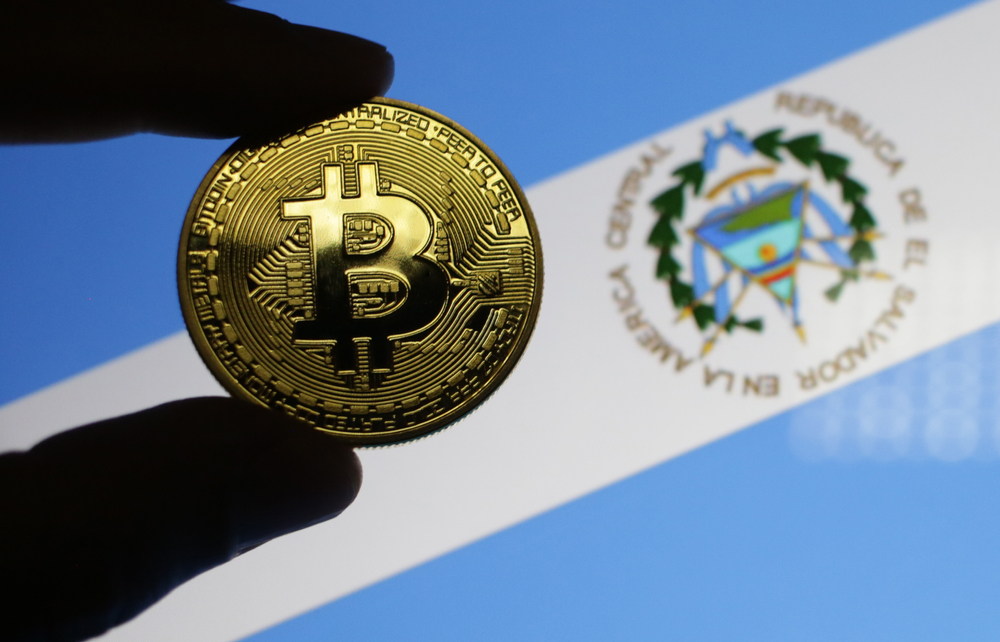 IMF urges El Salvador to remove Bitcoin as legal tender
IMF urges El Salvador to remove Bitcoin as legal tenderNews The country sought a $1.3 billion loan from the IMF last year, although this has been reportedly hindered by the fund’s Bitcoin concerns
By Zach Marzouk Published
-
 Cryptocurrency: Should you invest?
Cryptocurrency: Should you invest?In-depth Cryptocurrencies aren’t going away – but big questions remain over their longevity, the amount of energy they consume and the morals of investing
By James O'Malley Published
-
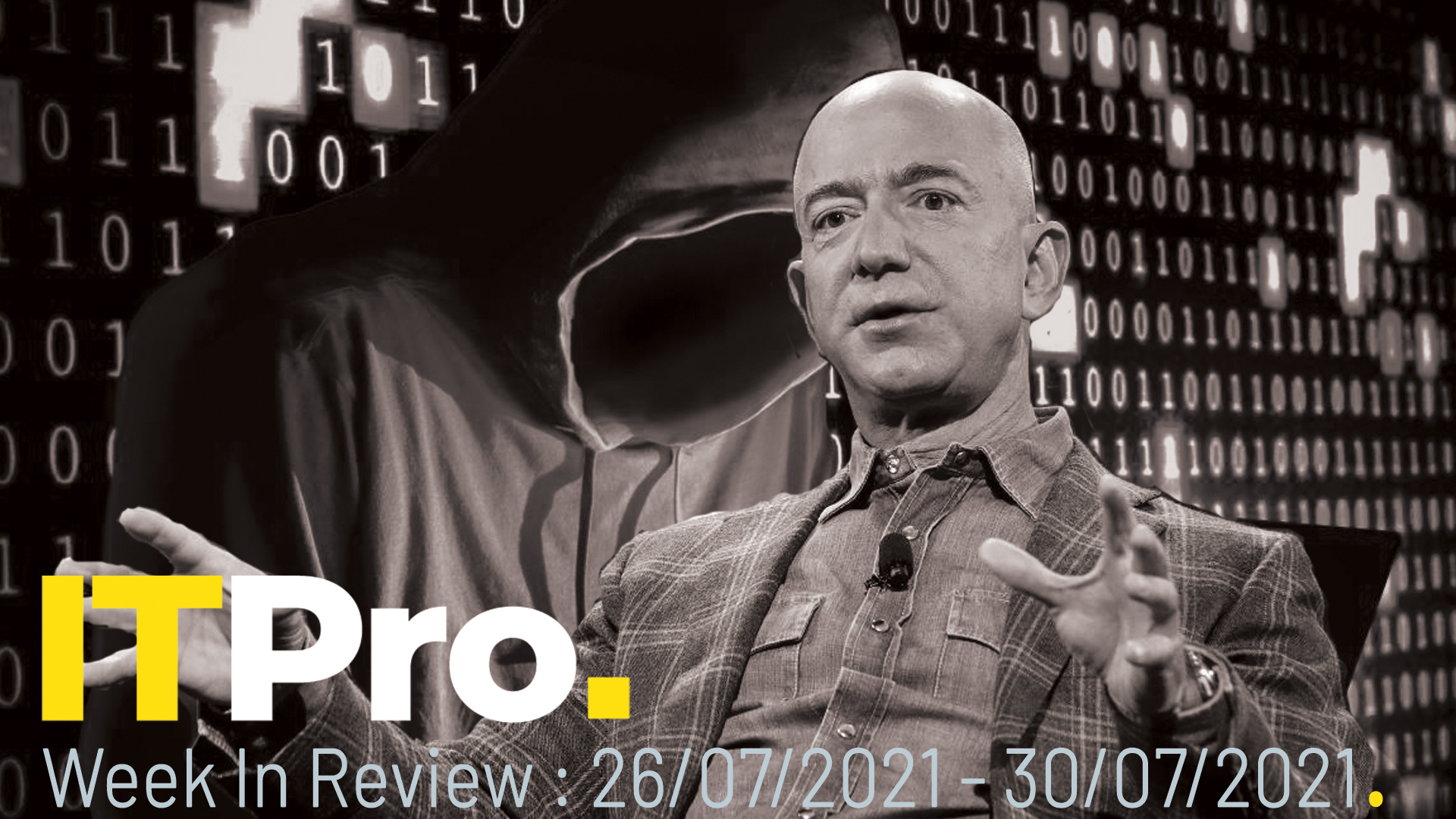 IT Pro News in Review: Record profits in tech, hackers turn to new languages for malware, Amazon's Bitcoin plans
IT Pro News in Review: Record profits in tech, hackers turn to new languages for malware, Amazon's Bitcoin plansVideo Catch up on the most important news of the week in just two minutes
By ITPro Published
-
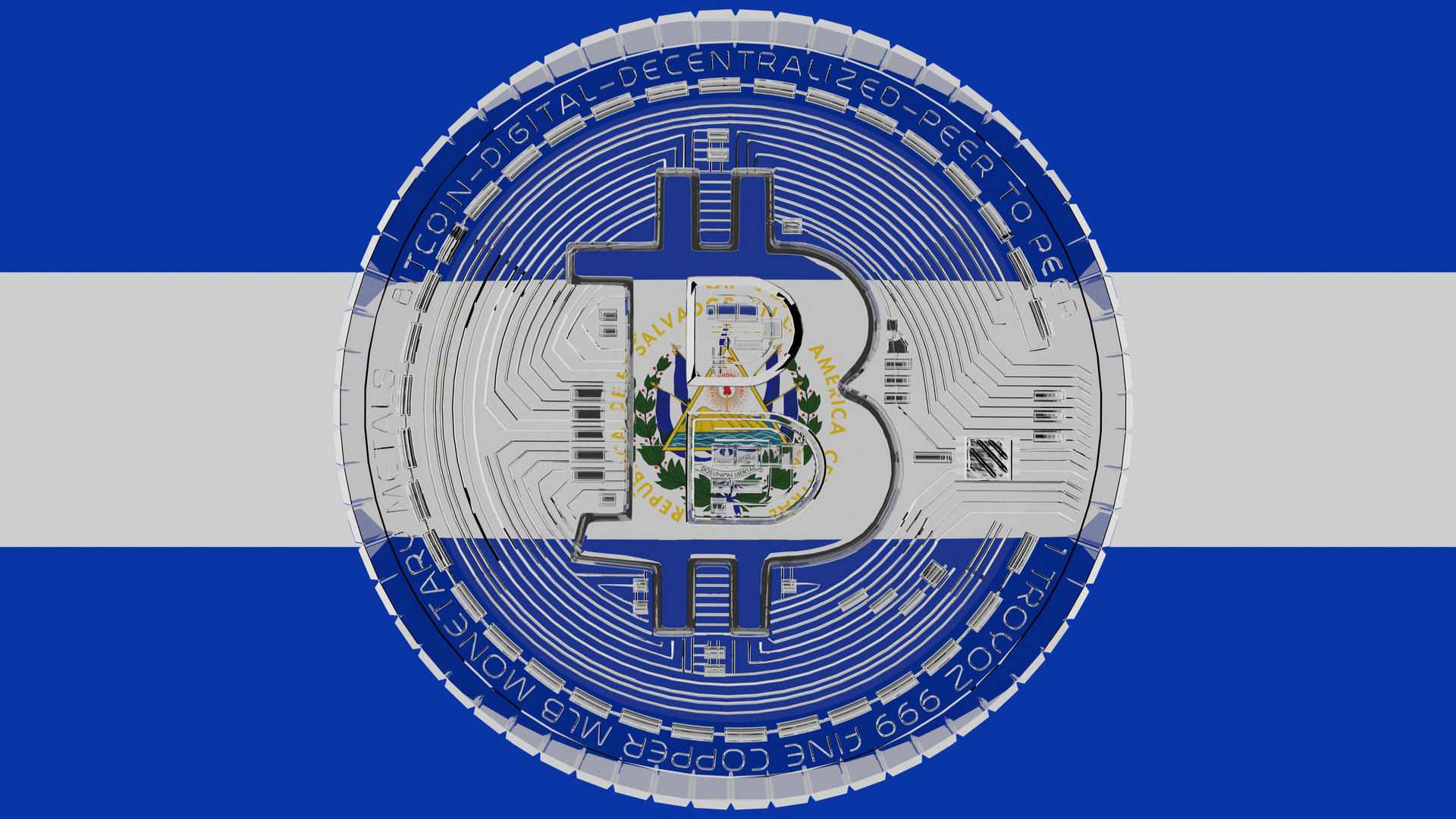 El Salvador offers its citizens free Bitcoin
El Salvador offers its citizens free BitcoinNews Bukele doubles down on crypto commitment with a giveaway
By Danny Bradbury Published
-
 Square and Blockstream to build a solar Bitcoin mining facility
Square and Blockstream to build a solar Bitcoin mining facilityNews Solar mining plant will aim to temper concerns of power consumption from Bitcoin mining
By Danny Bradbury Published
-
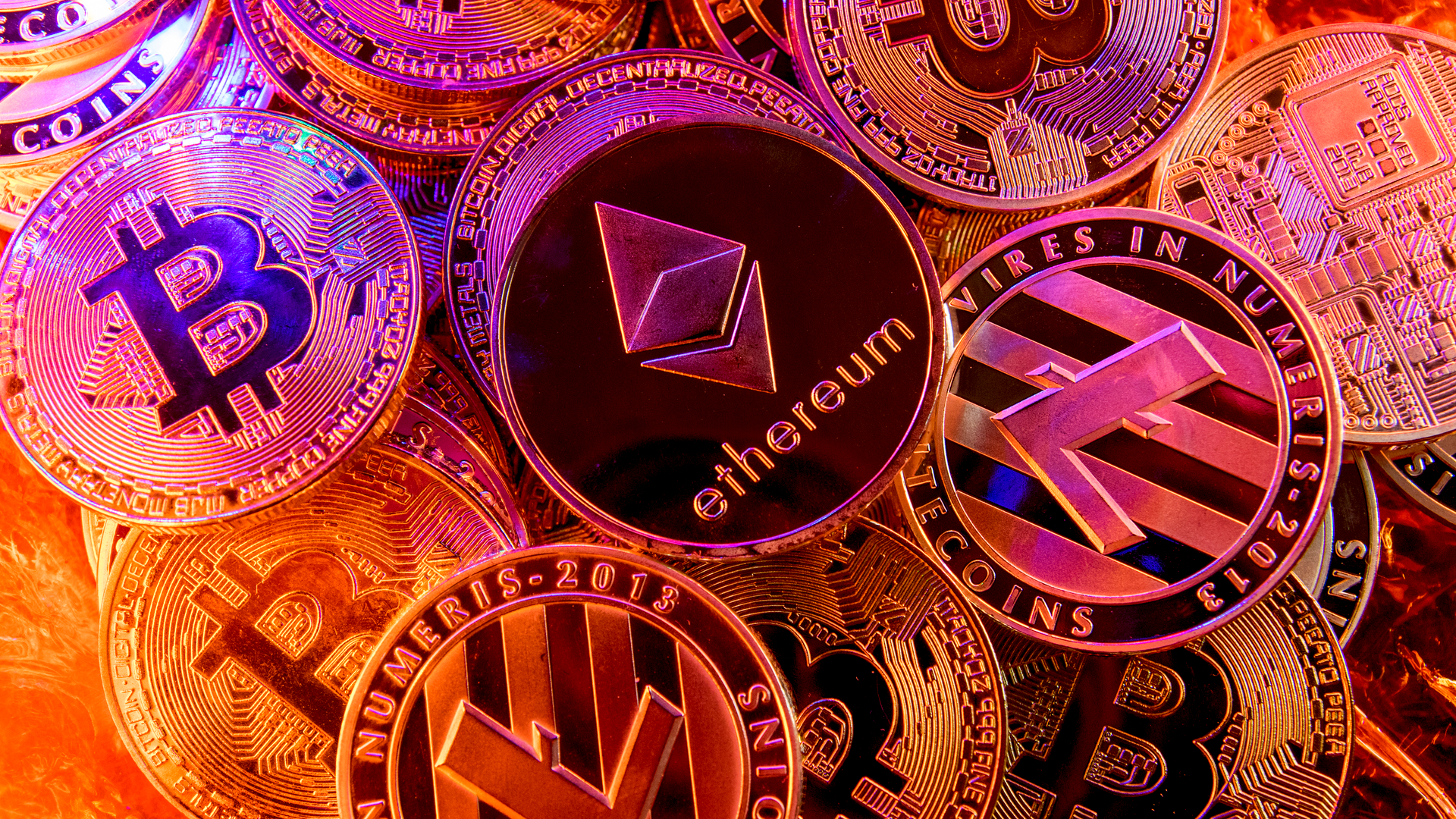 What are altcoins and how do they work?
What are altcoins and how do they work?In-depth The alternatives to Bitcoin explained
By Rene Millman Published
-
 Steve Wozniak sues YouTube over Bitcoin scam videos
Steve Wozniak sues YouTube over Bitcoin scam videosNews Lawsuit claims YouTube is aware of the Bitcoin giveaway scams but hasn’t taken videos down
By Sarah Brennan Published
-
 Bitcoin scam exposes the personal details of 250,000 people
Bitcoin scam exposes the personal details of 250,000 peopleNews The UK and Australia represent approximately 93% of users hit by the crypto-scam
By Tyler Omoth Published